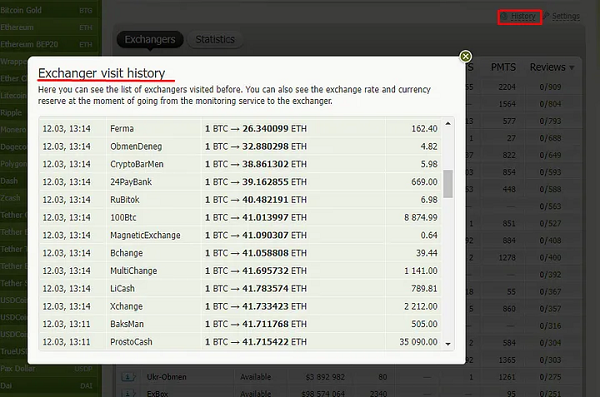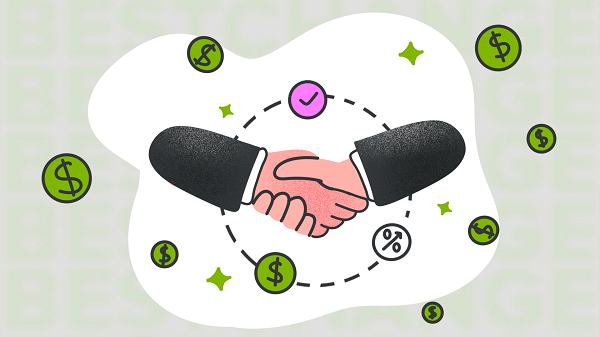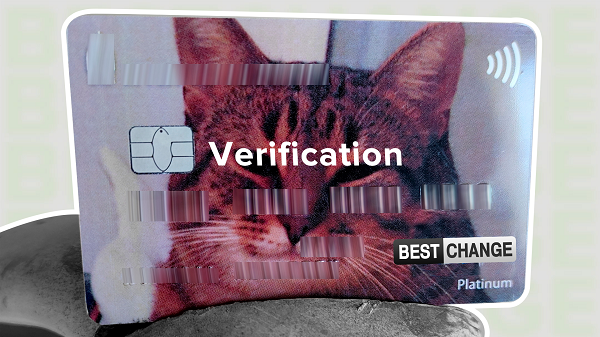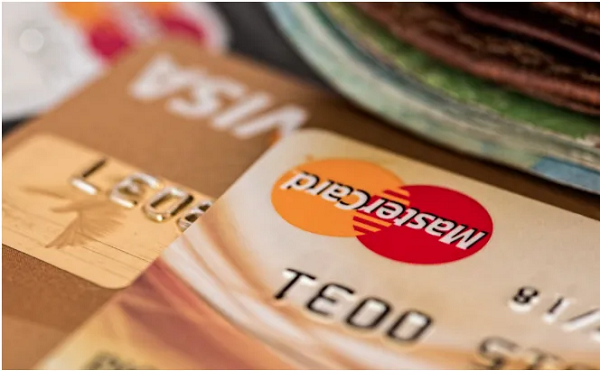Do you have a bank account or do you use exclusively cash? Don’t you fly by plane? Don’t you order food delivery etc.? Why do you have such a biased attitude to KYC from crypto projects, although statistically there are more data leaks in other businesses, including from banks themselves or their partners. Not to mention social media and services.
I pay with cash most of the times including for food deliveries and anything else, and nobody can ''hack'' my cash payment anywhere.
Only time I buy something with digital fiat money is when I buy stuff from online from other countries and continents.
Data leaks of the passed KYC procedures are terrible! But what can you offer as an alternative? “Nothing" is not an answer, it is an unrealizable dream.
Sure there is alternative, I can pay anyone with cash or bitcoin without any KYC crap, and there will be no trace who made payments.
KYC leaks on fiat bankster system is happening much less, but don't you watch they are trying to announce global cyber attacks for some time, so I don't see why would I defend this system in any way.
In the world of blockchain, you will be blamed for all the crimes that the coin that came to the exchange from your wallet managed to get into.
Not if they don't know identity that is connected with addresses I used, or if I am like CZ kissing ass to regulators.
This is a problem, and it needs to be solved. Ignoring strategy is a stupid one. When the officers of the secret service come to you, it will no longer be possible to close your eyes with your hands and say "There is no ''clean'' and ''dirty'' Bitcoin" so that they simply dissolve.
They won't come for anyone if KYC verification is not done, and I didn't say we should close our eyes, but we shouldn't openly support this narrative.
You criticize existing practices but do not propose a solution except to ignore laws because "crypto is above the law." This does not benefit the community and does not bring us closer to the protected alternative to the outdated KYC.
I gave you one working alternative people use now, but you decided to close your eyes, and made up some excuses, like
it's not really decentralized etc.












